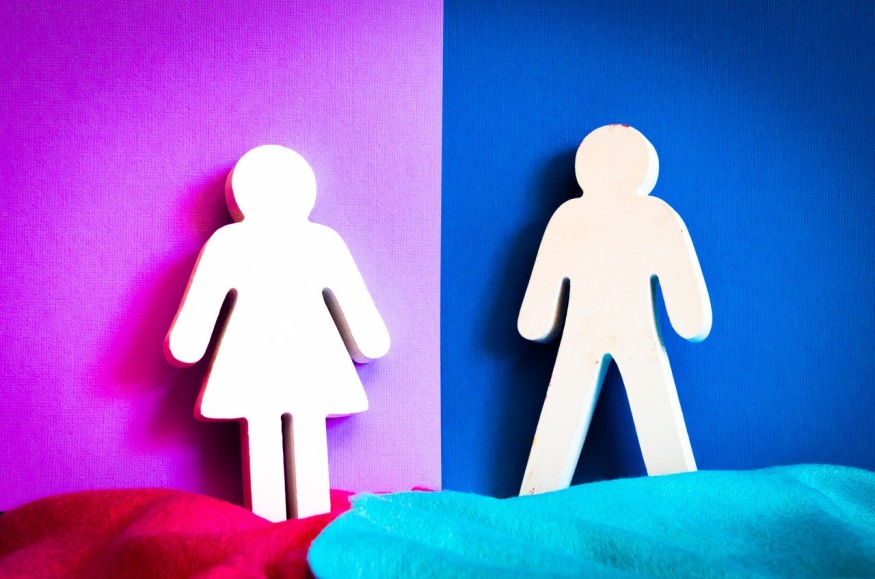They say that to be human is to be humane. As a fundamental trait of man to identify and recognize individuals' humanness, researchers from the University of Toronto set out to identify biases in our perception.
What it Takes to be Human

According to the Center for Humans and Nature, an organization of curios thinkers pondering on human responsibilities to each other and non-human species, there are characteristics that must be unique to the species.
A human must have the ability to communicate systematically, make conscious decisions, wear clothing, become individuals in the making of our own lives, fit in different categories like race, religion, culture, and more. Most importantly being human entails a uniqueness that only the human race has.
However, with consciousness and free will comes prejudice and biases. Humans live in a world where our perception is twisted by our own personal beliefs. This is why a team of psychology researchers set out to understand how much our biases towards a person's humanness are defined by their perceived facial appearance.
ALSO READ : Pseudo-Hallucinations? Take This Simple Test and See If You Generate Mental Images Better Than Others
Man vs Woman: Humanness Attribution on Facial Appearance
Recognizing a person's humanity is fundamental to what we are and how people think and treat other people. We describe humanness to groups that are socially valued, but the question is whether a systematic social value is ascribed to different individuals.
Researchers from the University of Toronto set out to understand more about the nuances on whether people de-humanize others based on perceived social traits based on facial appearance, attractiveness, and intelligence. The study published in the journal American Psychological Association, entitled "People attribute humanness to men and women differently based on their facial appearance." analyzed five studies to come to the conclusion that different individuals from different categories identify humanness greatly based on another person's facial appearance.
Researchers wrote that across all five studies, a consensus that less attractive and seemingly less intelligent people were deemed fewer humans. However, this varied depending on the target gender.
The group identified that attractiveness was highly predictive of humanness attributions to women, while pierced intelligence is better predicted humanness for men. The difference is believed to stem from gender stereotypes and biases that even extend to attributions of humanness in children.
The gender difference perceived by others leads to biased moral treatment that confers value to the lives of attractive women and seemingly intelligent men. The data collated helps explain how interpersonal judgments of people we interact with in intergroup included biases that promote gender-based discrimination, this provides even greater nuances to outcomes and phenomena of dehumanization in society.
Sex and gender-based discrimination, according to EIGE Europe, is categorized by biases occurring in interactions between different or same sexes which includes biological characteristics of men and women, socially constructed identities and stereotyping, attributes, societal and cultural roles, and more.
These types of biases promoter hierarchical and unequal relationships and roles between the various sexes that promote disadvantages to social position especially to those deemed lesser in humanness.
RELATED ARTICLE : Cyber Dating Abuse Warning! Aggressive Behaviors, Jealousy, Narcissism, Psychopathy Still Possible Virtually
Check out more news and information on Psychology on Science Times.
© 2026 ScienceTimes.com All rights reserved. Do not reproduce without permission. The window to the world of Science Times.












